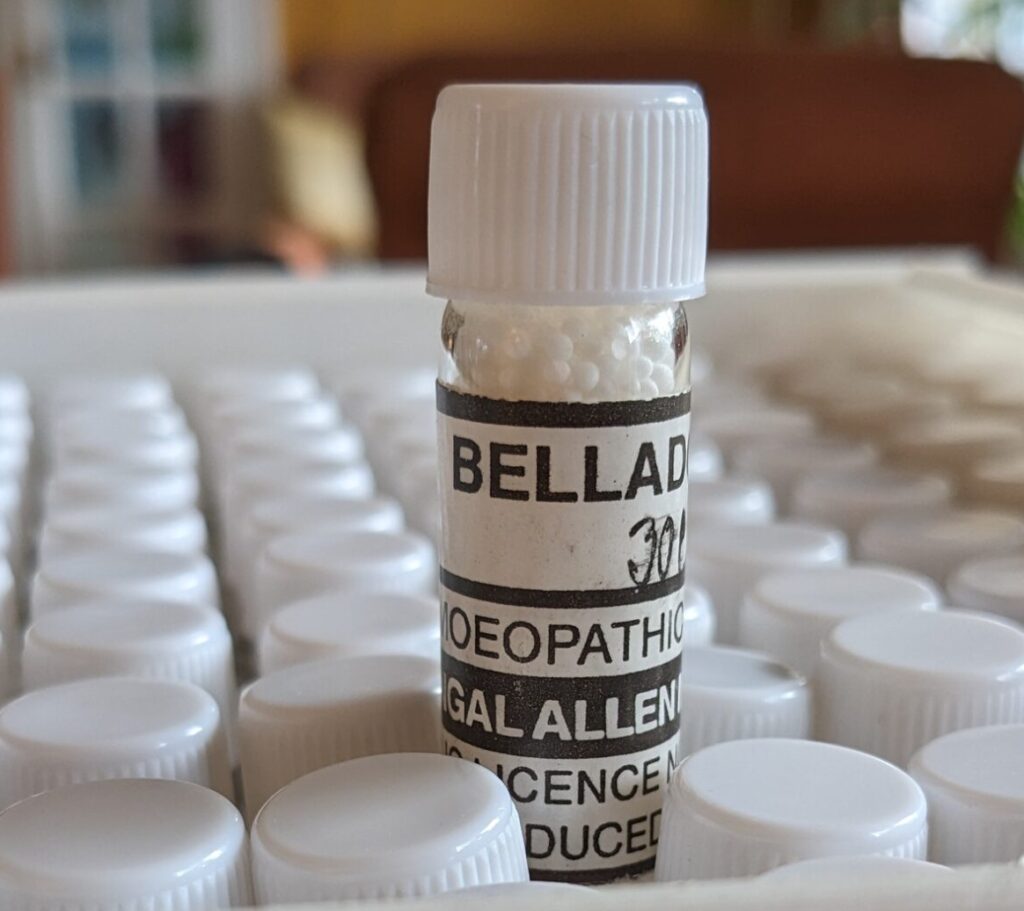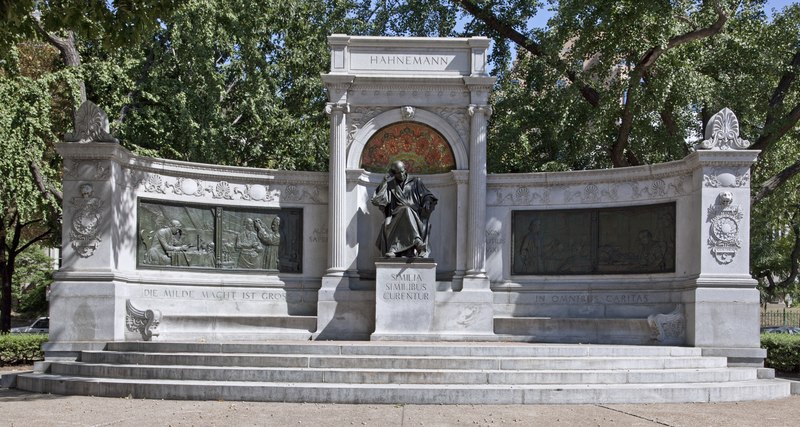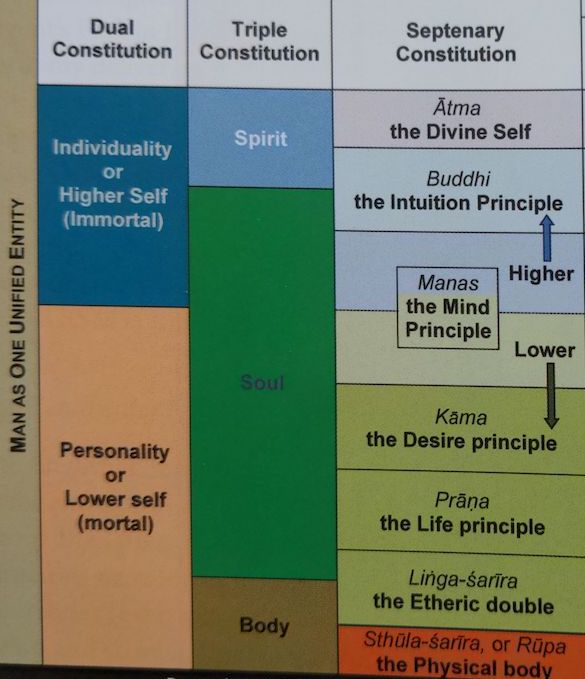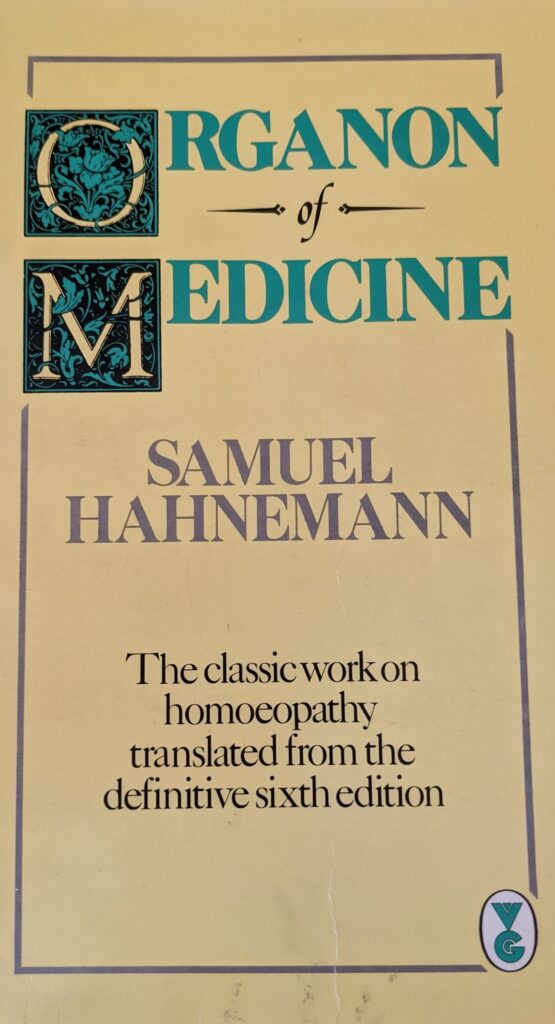A keyword search identified the question “What is complementary medicine in homeopathy?”. The wording of the question is rather odd, but it is true that homeopathy is understood as a complementary or alternative form of medicine. CAM for short. This is the subject I wish to explore today.

If the written word is not your thing, and you would prefer to speak directly to me to discuss whether homeopathy can help you, please click and book a free 30 minute discovery call or email me at [email protected].
Emeritus Professor Edzard Ernst formerly chair of the Department of Complementary Medicine at Exeter University has assuredly been the nemesis of Homeopathy in the UK.
From those who have met him, I glean that he is a pleasant and talented physician. However, it is curious – or maybe refreshing (!) – to find a chair of an academic department who is sceptical about that department’s role of enquiry (which was generally negative to complementary therapies).
Be that as it may, I find myself – strangely – in agreement with a view expressed in his autobiography, namely, that there is no such thing as alternative medicine, just good medicine or bad.
The terms ‘Complementary’ and ‘Alternative’ are unhelpful. Even within the field of what is considered orthodox medicine their are choices to be made. Is it to be surgery or drug therapy or maybe both? What is complementary to one condition might be central to another and so on.
There is a bit of an agenda in the use of terms like ‘Complementary’ or ‘Alternative’ in in medicine’ (CAM for short). The inference is that it is not ‘mainstream’ – so be wary. However, at the beginning of the 20th century what is now ‘mainstream’ was then ‘alternative’.
This monument to Dr Samuel Hahnemann – who set down the tenets of homeopathy – was the first erected in Washington DC to a non-US citizen. It is rather more than a blue plaque, so he must have done something worthwhile!

So the question before any patient is what is most appropriate for the given condition. I suggest the following:
CAM straddles 1 & 2 on the list. Properly applied it reduces the requirement for 3.
Sadly, orthodox physicians have limited awareness of the 1 & 2 potential which is a shame (and costly to the NHS).
One might extend 1 to include sanitation, clean water and so forth.
The late Tinus Smits (Dutch Physician and Homeopath) wrote, ‘..four fifths of the human population is still starving or dying from illnesses that could easily be healed if they got the necessary ingredients to lead a healthy life’.
In truth it is less medicine and more the improvements in housing, sanitation etc. that have improved life outcomes.
The insightful, four volume magnum opus, Unfolding Consciousness the author, Edi Bilimoria, informs us that there are more cells in our body than stars in the Milky Way; that every second 10 million cells die and regenerate, and yet the body is as if an orchestra perfectly in tune. Moreover we are two thirds water; more fluid than solid.
How this should come about is a mystery, one much ignored by modern medical science which has the physical body as its sole focus.
This table, from Volume II, considers the Western concept of Soul and the corresponding Eastern perspective.

Per the table, Eastern philosophy postulates a seven fold division of subtle bodies extending from the divine to the physical (the most condensed form of energy).
This is pertinent to homeopathic philosophy which is vitalist. To quote from Hahnemann’s Organon of Medicine – aphorism 9:

‘In the state of health the spirit like vital force (dynamis) animating the material human organism reigns in supreme sovereignty. It maintains the sensations and activities of all parts of the living organism in a harmony that obliges wonderment…’
Simply put, from conception to death those trillions of cells are orchestrated by a non-material life force. At the moment of death this life force withdraws from the physical body, which then decays back to the elements from which it was constructed.
As best I am aware, all religions consider the spiritual body (aka soul) to be eternal. Hence it is only the physical body that is temporary.
Modern science – including medical science – is materialist / reductionist. It is concerned solely with the physical world – that which can be seen (albeit with the aid of sophisticated technology). The Scientific and Medical Network takes a wider view which is outlined in their Galileo Report.
Even mental health problems are understood from a materialistic perspective. But, where is the mind? To the materialist the mind (and hence consciousness) is a property of the physical brain.
However, it may be external to the body, and the physical brain a sort of transmitter / receiver. We believe we are in our bodies, but our bodies may be in us.
What if the the roots of our disease or dis-ease sit in the non-material plane? By way of example, a possible reason for phantom limb pain in amputees is that the limb still exists at the etheric level (which is a sort of blueprint).
Those of a religious persuasion may be sympathetic, but science remains solidly sceptical.
Homeopathic medicines appear to have the potential to act on these higher planes.
One cannot deny the advances in modern medicine since the middle of the 19th century and the birth of bacteriology (Koch, Pasteur etc.). But it has no interest in the spiritual nature of man. For that we call on the hospital chaplain!
Orthodox medicine adheres (mostly) to the principle of the theory of opposites. For that reason most drug groups carry the prefix ‘anti-‘ (antihistamine, antibiotics, antihypertensives etc.). The underlying rationale is a war on disease (cf anti-tank etc.).
All well and good, but all too often the best modern medicine can do is manage symptoms.
There is similarity between the analytical problem-solving methods used in health care and those of the engineer running a machine. I have a little quip that modern medicine is ‘chemical engineering with a bedside manner’! Of course the complexities of machines are as nothing compared to those the human body.
BUT the human being is not a machine, but an amalgam of the material (physical) and immaterial (spiritual). Medicine should be a mix of science and art.
As already mentioned, Homeopathy is vitalist. Central to its philosphy is the creative life force.
In the Organon in Aphorism 11, Hahnemann writes:
‘When a man falls ill it is at first only this …vital force everywhere present in the organism which is untuned by the dynamic influence of the hostile disease agent…expressed as disease symptoms’
Thus, Disease is a dynamic imbalance and the role of medicine is to correct this and restore harmony.
Where modern medicine adheres to the theory of opposites, Homeopathy applies the law of similars. In Homeopathy, symptoms reflect the attempt of the organism to self-cure. This contrasts the position of modern medicine which often sees symptoms as something to be suppressed. I speak here of general concepts. The antibiotic age is not without merit, but neither is the antibiotic always necessary. Our innate capacity to heal is significant.
Considered as a holistic totality the objective is to match the these symptoms with the characteristics of the medicine. This is the law of similars, which is central to homeopathy (the word means ‘similar suffering’)
The characteristics of each medicine come from an amalgam of a ‘proving’ (testing on healthy people), clinical experience and toxicological knowledge.
The old homeopathic texts use the term ‘drug’ justifiably, but they are quite different in formulation from what we consider drugs today, so the term ‘remedy’ is favoured. Semantics really.
Homeopathic medicines are serial dilutions (each step typically one part in one hundred or centesimal) agitated at each dilution. Above the 12th centesimal potency, Avogadro’s number states that no molecule of the original substance remains.
Hahnemann initially experimented with quite low potencies, but discovered the worth of higher dilutions (to the 30th centesimal). Although Avogadro was a contemporary, it is doubtful that the implications of his work were understood. Hahnemann’s objective was simply to find the minimum dose to effect cure.
Later homeopaths discovered benefit from dilutions up to 100,000 centesimal! These have to be machine made.
Lower potencies have affinity to the material (so closer to modern ‘drugs’) and higher to the immaterial (i.e. mental / emotional).
To the materialist scientist such dilutions are hilarious; an impossibility. But, had Hahnemann accidentally entered the word of quantum mechanics (behaviour of nature below the scale of atoms)?
Here we enter the world of energy medicine, though I prefer the term ‘information’. We live in an information age – it is all around and invisible until you turn on your smart phone etc.
The life force is a form of information – perhaps a frequency complex. Every living thing on the planet is ‘informed’.
Wiltshire based cosmologist Dr Jude Currivan in her book ‘The Cosmic Hologram’ draws analogy between the first and second laws of thermodynamics and those of information.
Thus the homeopathic ‘drug’ acts to inform / educate the organism. The allopathic drug in contrast acts biochemically and independently of the organism.
The allopathic drug being foreign to the body creates a secondary response known as ‘side-effects’. But they are not accidental – an action / reaction response.
Such is not possible with the homeopathic remedy. In homeopathy, if the organism resonates with the medicine there will be a desired reaction; if not, there will be no response. As the late Dr R.A.F. Jack (GP and Homeopath) said, it is like a key in a lock, either it fits or it does not.
Quite possibly. Of course there are no guarantees regardless of the branch of medicine used. But it is gentle medicine that maximises your innate capacity to heal.
Practitioners of whatever hue, do their best, which is all one can ask.
Despite the many advances in medicine, much still remains a mystery, and maybe always will. So if you have a health problem that despite best efforts remains please book a discovery call via my website.